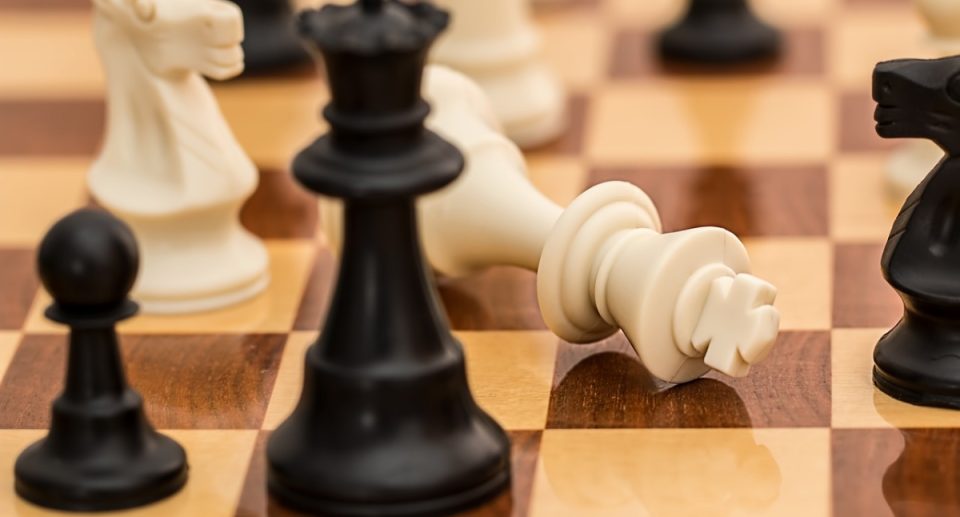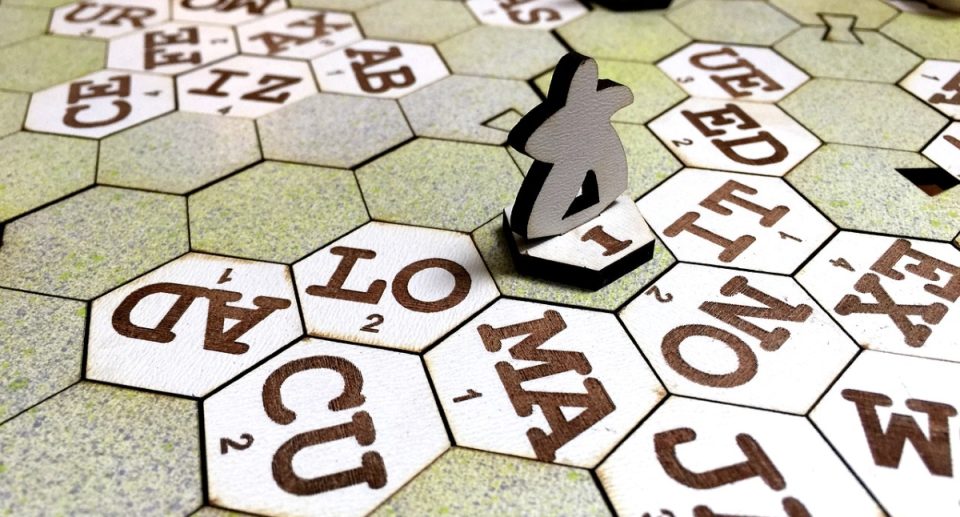How Puzzles Help Keep the Senior Mind Sharp and Engaged

As we age, staying mentally active is just as important as maintaining physical health. Puzzles have long been a favorite pastime for many, and they provide far more than just entertainment. For seniors, engaging in puzzle-solving activities can be essential to maintaining cognitive health, improving memory, and enhancing problem-solving skills. This article explores how puzzles can benefit seniors by keeping their minds sharp and engaged.
1. Cognitive Benefits of Puzzle-Solving
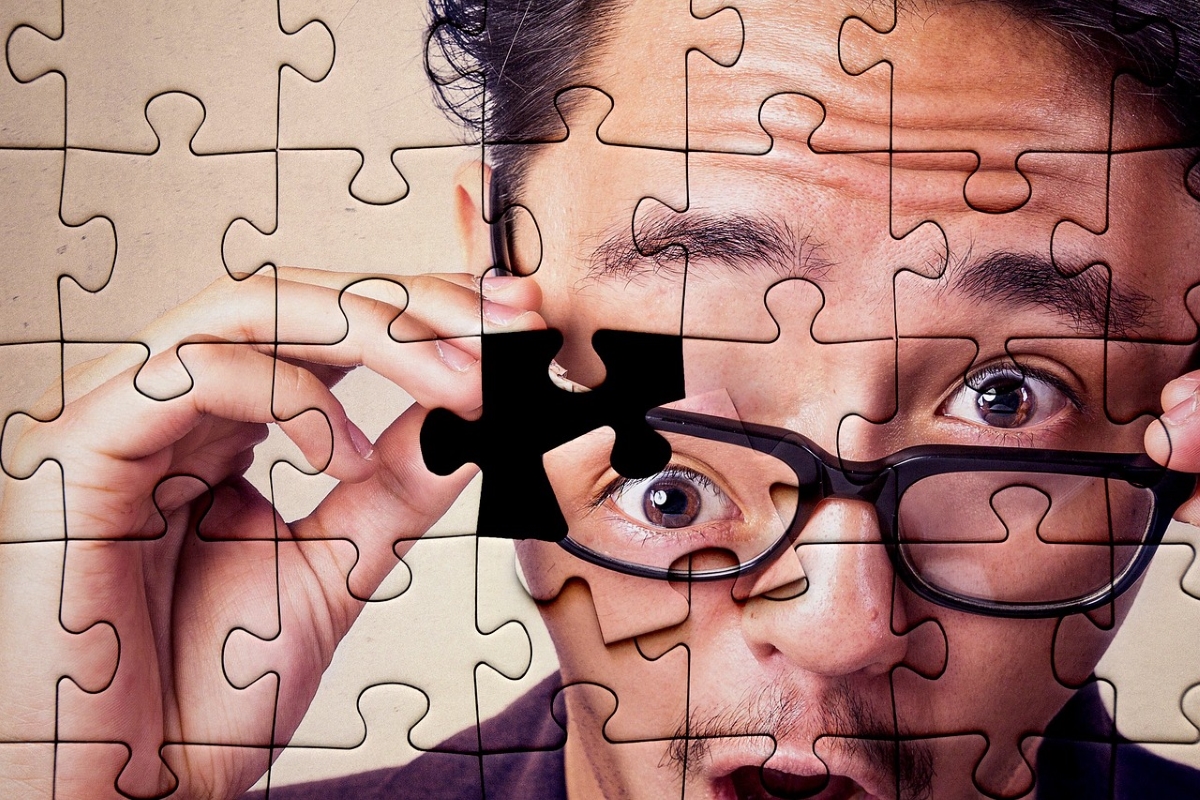
A. Enhancing Memory and Recall
Puzzles, whether jigsaw, crossword, or Sudoku, often require seniors to remember patterns, shapes, words, or numbers. These exercises challenge different parts of the brain and strengthen neural pathways responsible for memory and recall. For example, remembering vocabulary or trivia prompts memory retrieval in crossword puzzles. Regular puzzle-solving has been shown to improve short-term memory, which is essential for daily tasks and cognitive function.
B. Improving Problem-Solving Skills
Puzzles involve problem-solving, whether fitting the right jigsaw pieces together or determining a word from clues in a crossword puzzle. Engaging in this critical thinking exercise helps seniors sharpen their ability to think logically and approach challenges from various angles. Problem-solving skills are essential for daily decision-making, and keeping these skills sharp can help seniors navigate everyday life with greater ease and confidence.
C. Stimulating the Brain
Puzzle-solving is a workout for the brain. By stimulating the mind with puzzles, seniors can create new neural connections and maintain brain plasticity. This brain workout is important for keeping cognitive abilities sharp, as mental stimulation encourages brain cells to communicate with one another, reducing the risk of cognitive decline.
2. Puzzles and Delaying Cognitive Decline
A. Reducing the Risk of Dementia and Alzheimer’s
Research has shown that mentally stimulating activities like puzzles may reduce the risk of dementia and Alzheimer’s disease in seniors. Engaging the brain regularly with puzzles can help delay cognitive decline by keeping neural pathways active. While puzzles may not prevent these conditions entirely, they can contribute to maintaining cognitive function longer. By continuously challenging the brain, seniors can help slow down the progression of memory loss and cognitive impairment.
B. Keeping the Brain Engaged Over Time
Much like the muscles in the body, the brain needs regular exercise to stay healthy. Just as physical exercise can prevent muscle atrophy, mental exercises like puzzles can help prevent mental atrophy. Seniors who regularly engage in puzzles are more likely to maintain cognitive agility as they age, keeping their thinking, reasoning, and memory skills in good shape. The more challenging the puzzles, the more the brain benefits from the workout.
3. Types of Puzzles and Their Specific Benefits
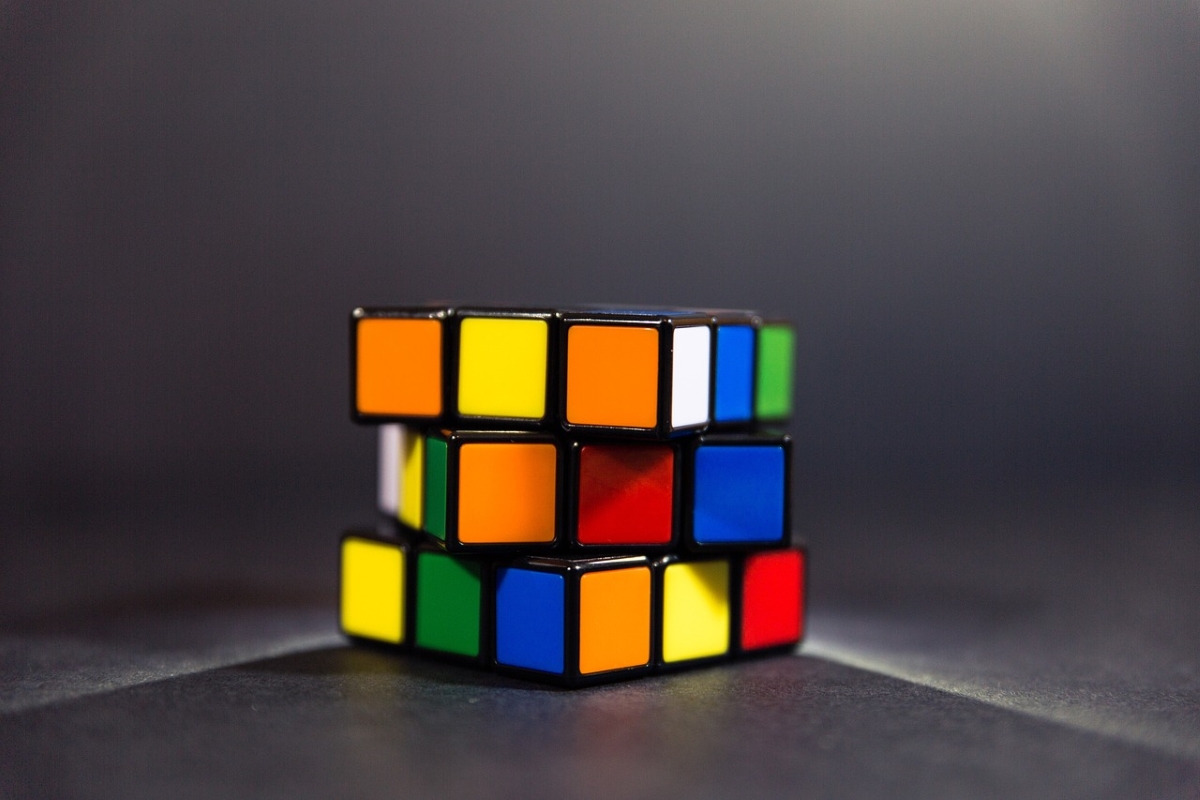
A. Jigsaw Puzzles
Jigsaw puzzles require spatial awareness and fine motor skills, making them ideal for seniors who want to engage both their minds and hands. Working on a jigsaw puzzle helps improve visual-spatial reasoning as seniors must recognize patterns, shapes, and colors to fit pieces together. It also promotes hand-eye coordination, making it a great activity for those looking to improve dexterity.
- Benefits: Visual recognition, attention to detail, hand-eye coordination
B. Crossword Puzzles
Crossword puzzles involve word recall, general knowledge, and language skills. Seniors must think critically about the clues and use vocabulary and trivia knowledge to solve the puzzle. This not only challenges memory but also enhances verbal fluency and problem-solving abilities.
- Benefits: Vocabulary building, language skills, memory recall
C. Sudoku
Sudoku puzzles focus on logical reasoning and number placement. This number-based puzzle helps strengthen problem-solving skills by requiring seniors to think several steps ahead while following a specific set of rules. Sudoku is great for seniors who enjoy a challenge that involves strategy and mental organization.
- Benefits: Logical thinking, numerical skills, strategic planning
D. Word Search
Word searches are another fantastic way to engage the brain, as they require seniors to find hidden words within a grid of letters. This puzzle type improves visual scanning and pattern recognition skills, helping seniors sharpen their ability to focus on small details.
- Benefits: Visual scanning, focus, pattern recognition
4. Emotional and Social Benefits of Puzzles
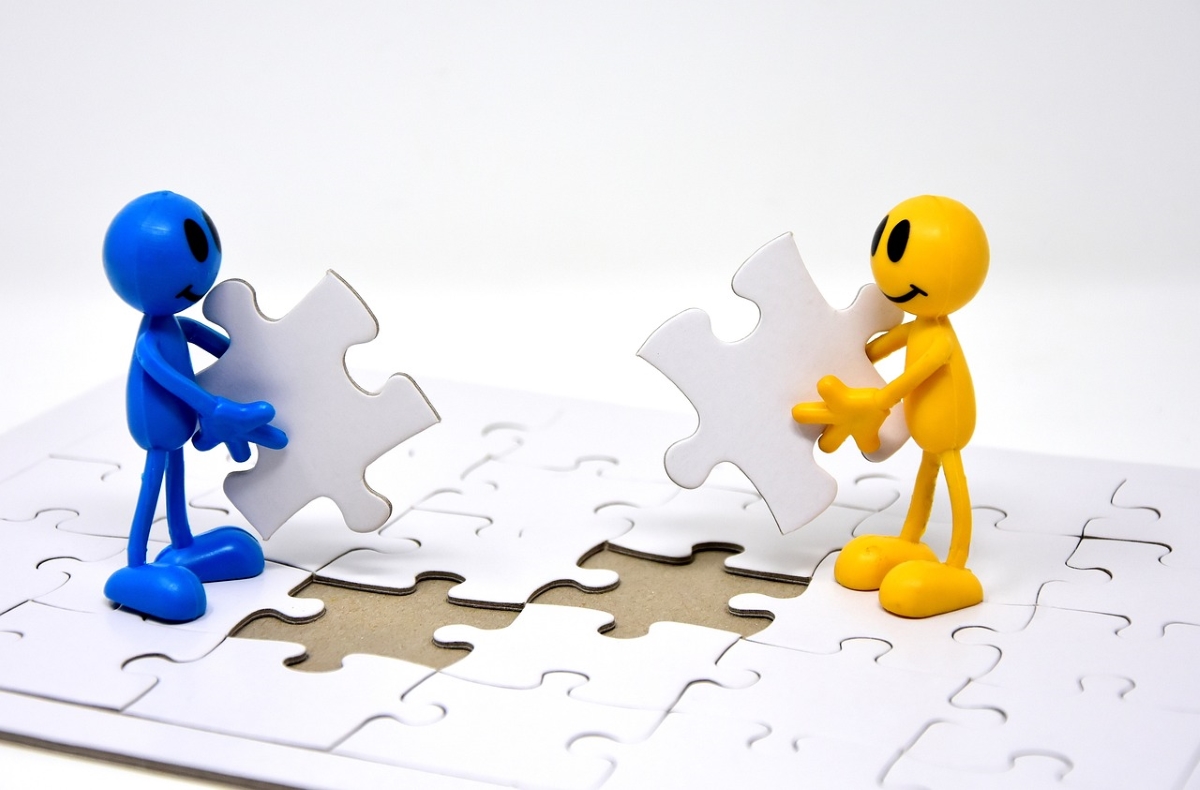
A. Reducing Stress And Promoting Relaxation
Engaging in puzzles can provide seniors with a sense of calm and relaxation. The focused attention required to solve a puzzle can shift attention away from stressors and create a peaceful, meditative state. Seniors often report feeling more relaxed and less anxious after spending time solving puzzles, as it allows them to focus on one task at a time, blocking out distractions.
B. Boosting Self-Esteem and Confidence
Completing a puzzle offers a sense of accomplishment, which can boost self-esteem and confidence. This is particularly important for seniors as they navigate aging challenges. Finishing a puzzle, no matter how small or large, brings a sense of satisfaction and pride, leading to improved emotional well-being and a positive outlook.
C. Encouraging Social Interaction
Puzzles can also be a social activity, bringing family members or friends together to collaborate on solving a challenge. Working together on a jigsaw puzzle, playing a word game, or completing a crossword in a group setting encourages communication and teamwork. For seniors, socializing while engaging in puzzle-solving activities can combat feelings of isolation and loneliness.
5. Incorporating Puzzles into Daily Life

A. Making Puzzles a Routine
Seniors can incorporate puzzles into their daily routine to maintain mental sharpness. Setting aside time each day for a crossword puzzle, Sudoku, or jigsaw puzzle can keep the mind active and engaged. This regular mental stimulation is key to reaping the long-term benefits of puzzle-solving.
B. Trying New and Challenging Puzzles
It’s important to switch up the types of puzzles to challenge different areas of the brain. By alternating between jigsaw puzzles, crosswords, and Sudoku, seniors can work different cognitive muscles, keeping the brain engaged in multiple ways. Increasing the difficulty level of puzzles over time is also helpful, allowing for continuous mental growth and challenge.
C. Puzzles as a Social Event
Organizing group puzzle-solving activities, such as jigsaw puzzle challenges or crossword competitions, can be fun for seniors to bond with friends or family members. Engaging in puzzles as a social event adds an element of friendly competition and can make the experience more enjoyable.
Conclusion

Puzzles provide numerous benefits for seniors, from improving memory and problem-solving skills to reducing stress and promoting social interaction. By engaging the brain in fun and challenging activities, puzzles help keep seniors mentally sharp, improve cognitive function, and reduce the risk of cognitive decline. Incorporating puzzles into daily life stimulates the mind and brings joy, relaxation, and a sense of accomplishment. Whether a solo activity or a group event, puzzle-solving is an excellent way for seniors to stay mentally active and connected with loved ones.

